PLAN FOR TODAY pervasive cross-linguistic differences in thought.
advertisement
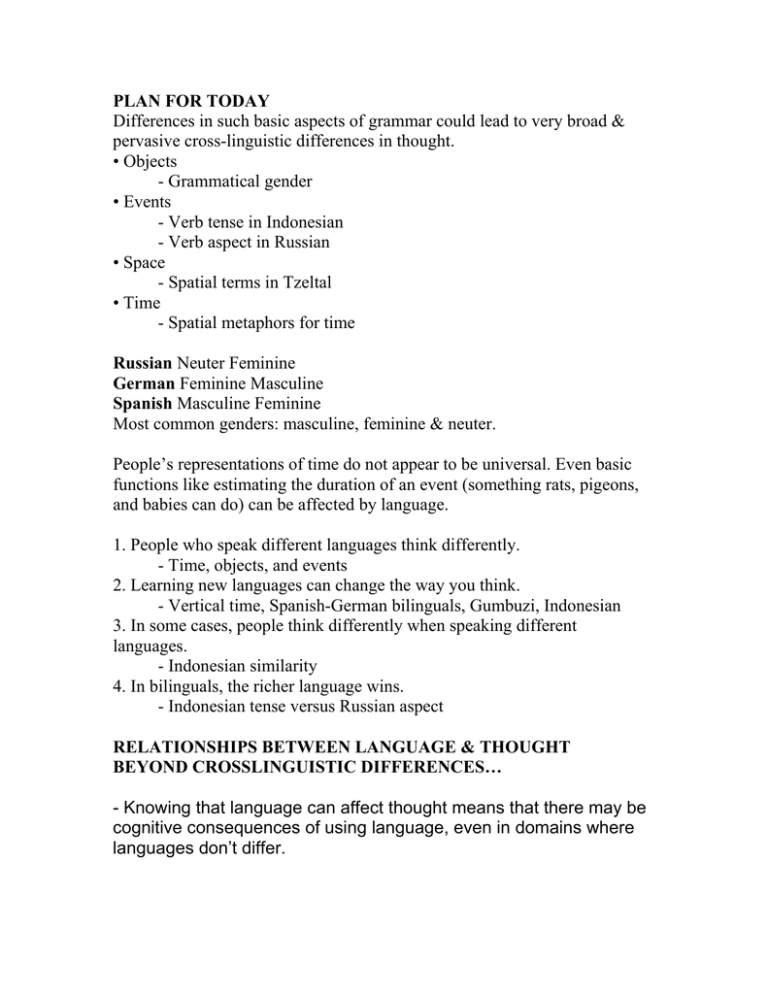
PLAN FOR TODAY Differences in such basic aspects of grammar could lead to very broad & pervasive cross-linguistic differences in thought. • Objects - Grammatical gender • Events - Verb tense in Indonesian - Verb aspect in Russian • Space - Spatial terms in Tzeltal • Time - Spatial metaphors for time Russian Neuter Feminine German Feminine Masculine Spanish Masculine Feminine Most common genders: masculine, feminine & neuter. People’s representations of time do not appear to be universal. Even basic functions like estimating the duration of an event (something rats, pigeons, and babies can do) can be affected by language. 1. People who speak different languages think differently. - Time, objects, and events 2. Learning new languages can change the way you think. - Vertical time, Spanish-German bilinguals, Gumbuzi, Indonesian 3. In some cases, people think differently when speaking different languages. - Indonesian similarity 4. In bilinguals, the richer language wins. - Indonesian tense versus Russian aspect RELATIONSHIPS BETWEEN LANGUAGE & THOUGHT BEYOND CROSSLINGUISTIC DIFFERENCES… - Knowing that language can affect thought means that there may be cognitive consequences of using language, even in domains where languages don’t differ. - What we call “thinking” is likely to involve many complex collaborations between many linguistic and non-linguistic representations and processes. - Even the tiniest parts of culture (e.g., quirks of grammar) have long lasting effects on how people perceive, represent and reason about things in the world.

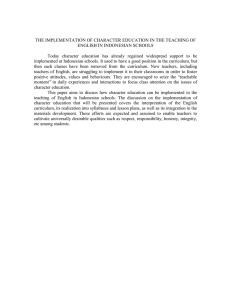


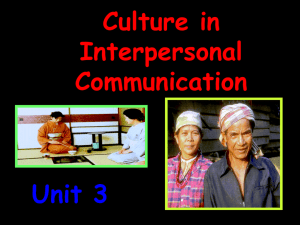
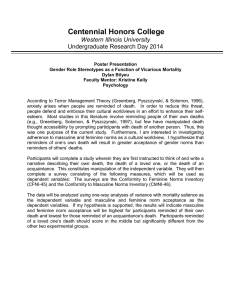
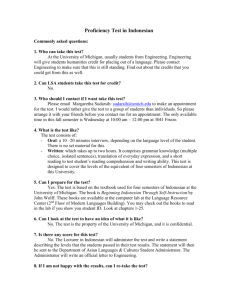
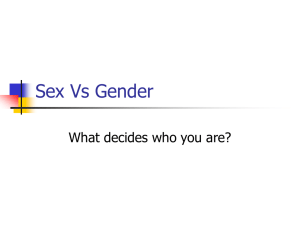
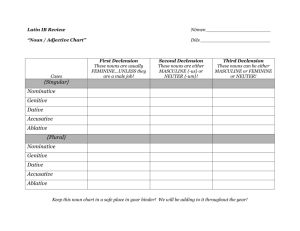

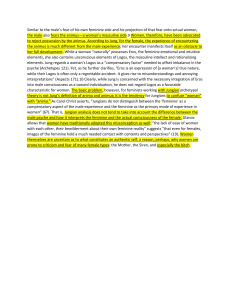
![Amy Natalie “Feminine Frequency” Review [PDF Download]](http://s2.studylib.net/store/data/027411244_1-646c30fa8b5f7d26a0948017d2752890-300x300.png)